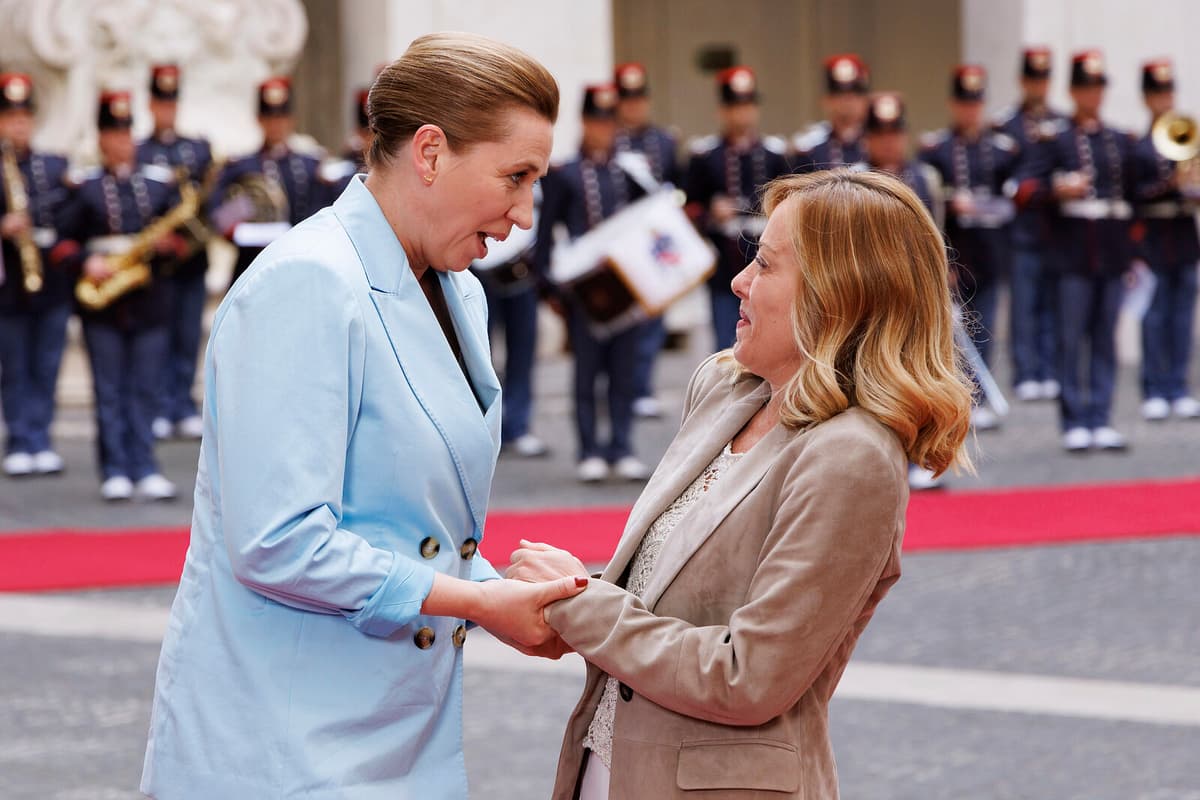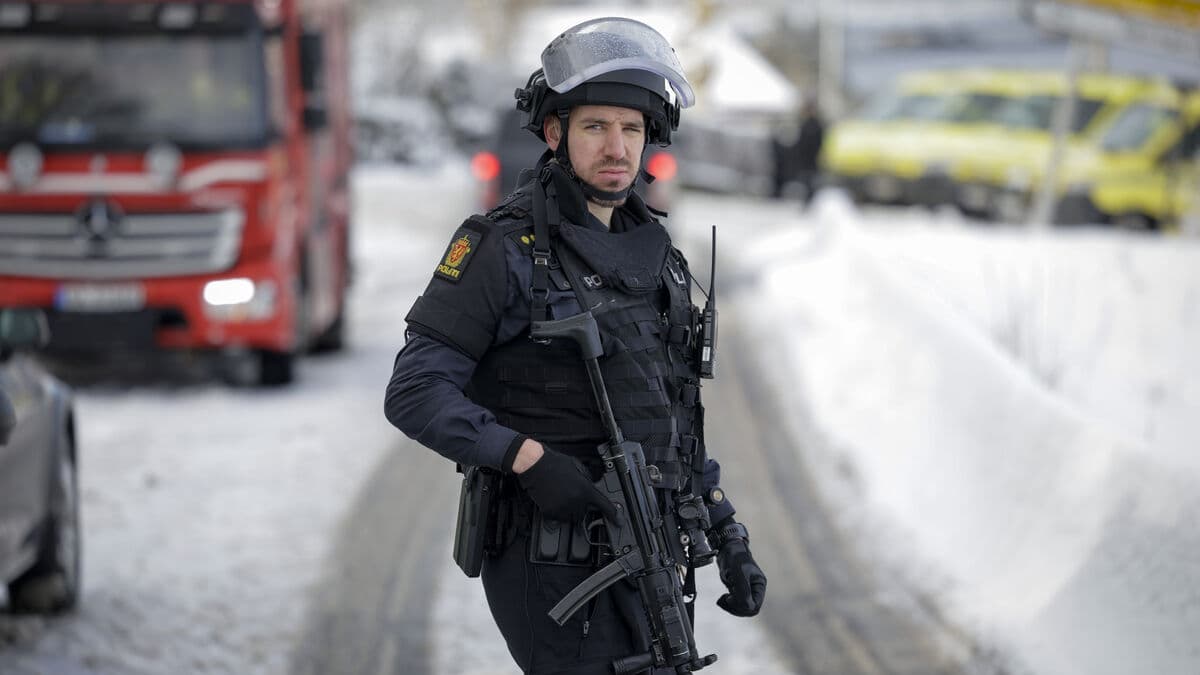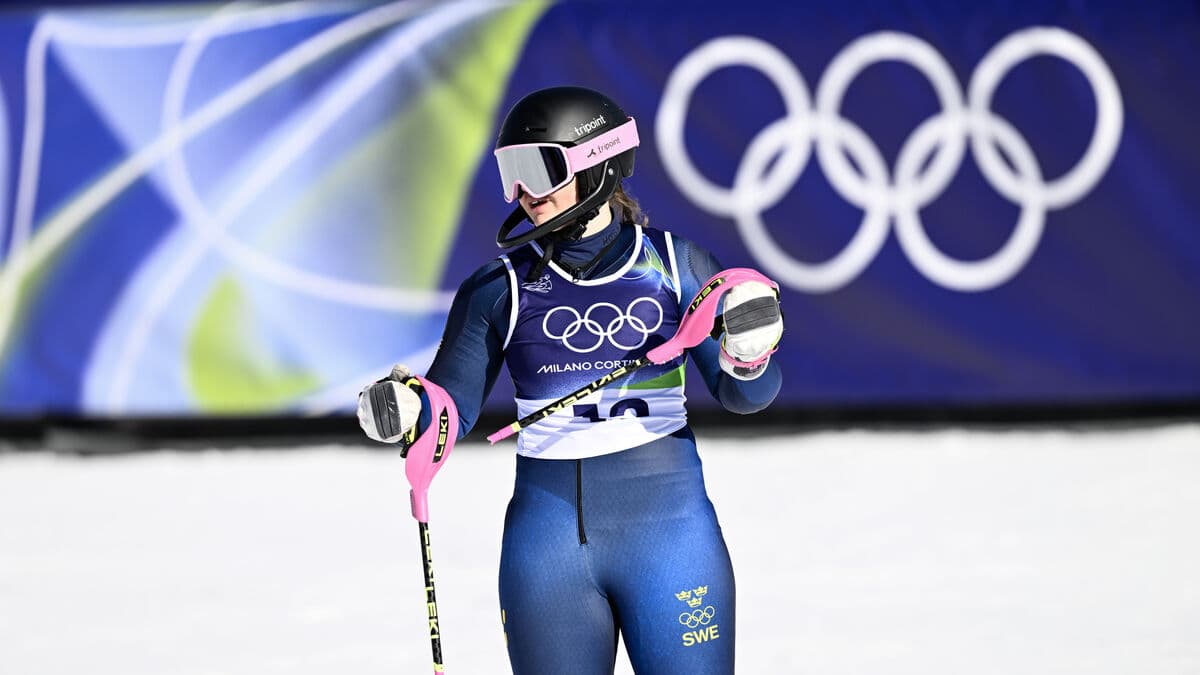The move from the Council's Secretary-General Alain Berset comes after leaders of nine EU countries wrote an open letter where they want to make it easier to deport criminal foreign nationals.
In the letter, the countries write that they want to see "a new and honest discussion about the interpretation of the European Convention".
"We must restore the balance", the leaders write, among them Italy's Giorgia Meloni and Denmark's Mette Frederiksen.
According to Danish Ritzau, Frederiksen says that "the interpretation of international conventions means that it is too difficult to deport criminal foreigners who have clearly shown that they do not want Denmark well" and that today's rules protect criminals.
Besides Meloni and Frederiksen, the leaders of Austria, Belgium, Estonia, Latvia, Lithuania, Poland, and the Czech Republic have signed the letter.
Berset writes in his response:
"When we face today's complex challenges, our task is not to weaken the Convention but to continue to keep it strong and relevant".
He further warns against the European Court being used for political moves:
"Institutions that protect fundamental rights cannot be allowed to be bent for political purposes. If they do, we risk hollowing out the stability they should ensure".
An organization called "Europe's conscience". Founded in 1949 after an idea put forward by Britain's Prime Minister Winston Churchill in a speech.
Unlike the EU, which started as an economic union, the Council of Europe was from the beginning a more political project. The aim is to promote and spread democracy, human rights, and the rule of law.
While the EU now has "only" 27 members, almost the entire continent is part of the Council of Europe. Sweden was one of the ten founding countries, and over the years, 36 countries have joined. Or actually 37, but Russia was kicked out after the invasion of Ukraine in 2022. Besides Russia, the only European countries that are not members are Kosovo, Belarus, and the Vatican City.






